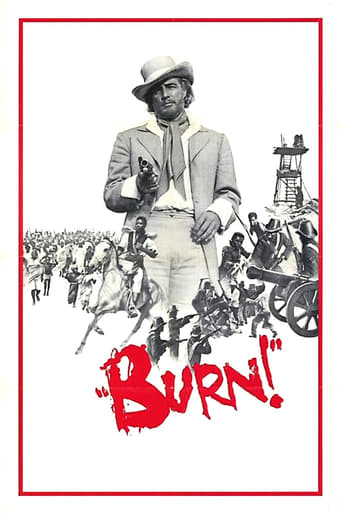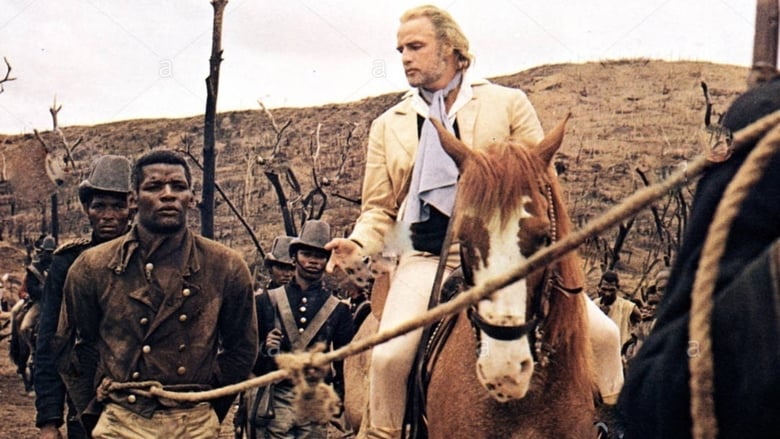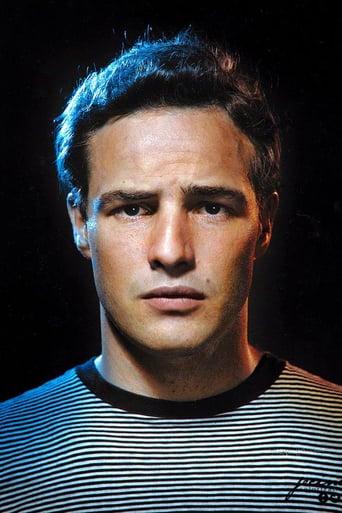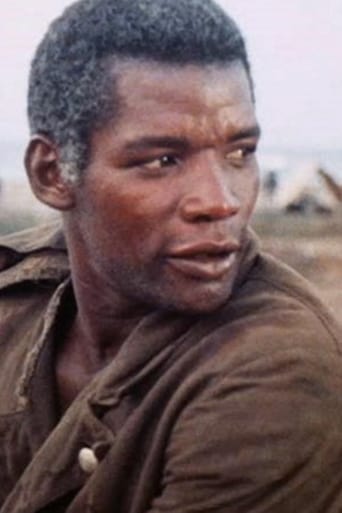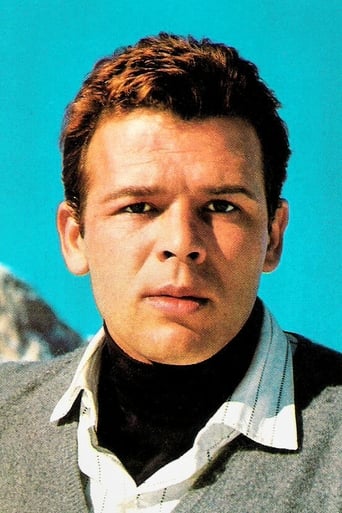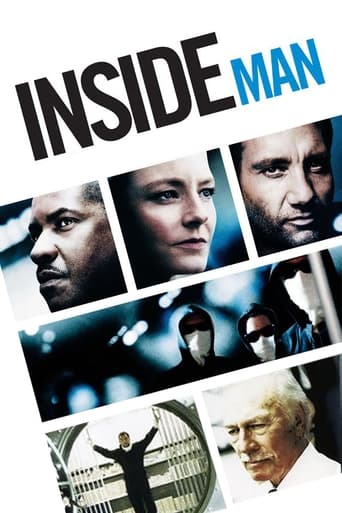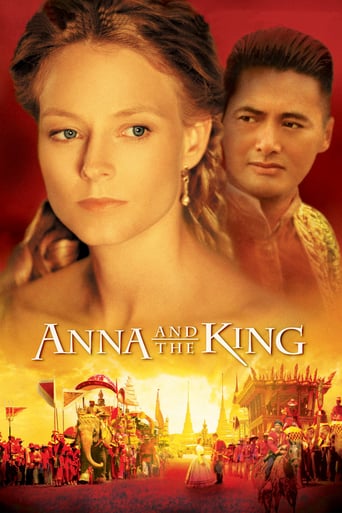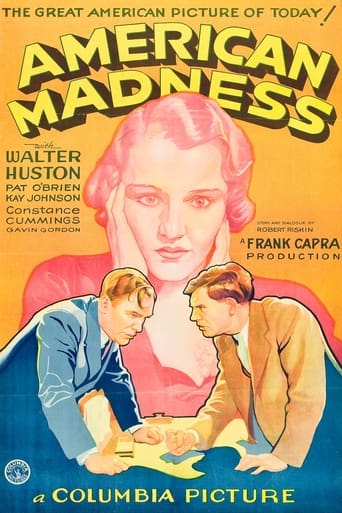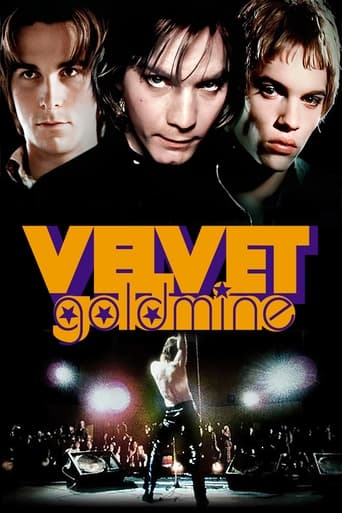Burn! (1969)
The professional mercenary Sir William Walker instigates a slave revolt on the Caribbean island of Queimada in order to help improve the British sugar trade. Years later he is sent again to deal with the same rebels that he built up because they have seized too much power that now threatens British sugar interests.
Watch Trailer
Cast


Similar titles
Reviews
Powerful
Good story, Not enough for a whole film
This is one of the best movies I’ve seen in a very long time. You have to go and see this on the big screen.
It is encouraging that the film ends so strongly.Otherwise, it wouldn't have been a particularly memorable film
An above average but somewhat uninspired film from Gino Portencovo about William Walker and Africa. Brando turns in a charismatic performance as Walker. The film initially portrays Africans as an essentially destitute people incapable of any kind of rebellion against their Portugese masters. But William Walker plays the Africans against the Portugese if only for the British to flourish over there.The film wasn't that nuanced or anything. I mean, why were the Africans so easy to exploit? The supporting cast except for Evaristo Marquez was unremarkable at best. Ennio Morricone's background score was pretty good. I liked the final scenes just before the execution of the African rebel leader when Walker realizes that it would be tough to civilize the Africans. The film lacked force. It doesn't help that a major portion of the action takes place off screen and we are informed about it only through the dialog. So it wasn't very cleverly put together. It did not seem to be inspired filmaking. But then, the print I watched was pretty bad. They should release a blu ray of this movie.
This version (presently available on DVD and US release) is the edited one. Like so many foreign films at the time, was edited for "American audiences". Since the studio had the rights to the film, there was nothing Pontecorvo could do, but watch his masterpiece reduced to nothing. 22 minutes were cut. In addition the DVD version is very poor. The aspect ratio has been changed, and the copy is very poor. As a result of the cuts, the subtle undertones of the relationship between the main characters was altered, as well as the political undertones. Pontecorvo had already conceded the change of title and script change (Spanish island to Portuguese island) because Generalisimo Franco's protest, and his threat not to allow distribution in Spain. It's ashame that at this point the directors cut version is not available , at least as an alternative to the average viewer. It is available , in the Italian DVD . It's in Italian language, with Brando's voice dubbed. The dubbing in this case doesn't take away from Brando's performance (his personal favorite). It has English subtitles. Pontecorvo himself edited this version before his death. It's quality is much better, and has the original aspect ratio. Occasionally shown at art festivals. My rating applies to this version . The real masterpiece .
Seeing Queimada (Burn!) again after all these years & just having re-read the book, I find the film a bit lacking in clarity. The frenetic editing doesn't leave quite enough time for the full import of each incident to sink in before racing off ahead to the next scene. This gives the plot line a somewhat disjointed sensation that robs it of its overall power. In addition, the Jose Dolores character needed a bigger bolder actor to really carry it off — Ving Rhames would have been ideal. Brando played his William Walker role to the hilt — doesn't he always? — but I find the film doesn't quite do justice to Norman Gant's fine book.
Sir William Walker (Marlon Brando sporting a ridiculous blond wig) is a British agent sent to the sugar-rich Portuguese island of Queimada in the mid-19th Century. Walker's mission is to incite the island's slave population to revolt against their Portuguese masters, in order to open the island for British colonization. Walker manipulates humble porter Jose Dolores (Evaristo Marquez) into helping him rob a bank; this kick-starts a series of events in which Dolores becomes the head of an island-wide slave revolt. However, Walker has also manipulated the white landowners into declaring independence, and Dolores and his black colleagues are side-lined by the new government, which immediately opens trade relations with British sugar companies. Ten years later, Walker returns, this time accompanied by British troops, to find that Dolores has incited another revolt - and Walker is forced to put down the very revolution he started.Queimada! is Gillo Pontecorvo's big-budget, ambitious follow-up to The Battle of Algiers. The movie seethes with the anti-colonialism and barely-restrained anger of Pontecorvo's masterpiece, but is seriously flawed in a number of important areas, which balance out the film's fascinating story and political themes.Pontecorvo's film certainly conveys its message very well. Walker's actions to methodically secure the island are simply fascinating. He manipulates every group on-hand, focused solely on his expedient political goals. As in today's foreign policy, actions are undertaken for short-term victories, even if they backfire in the long term. Walker incites a black slave rebellion, then keeps it under control by convincing a group of white landowners to seize the capital city - an easy victory which gives Queimada a "presentable" government. Nevermind the part Dolores and his blacks played in the revolt; although no longer "slaves", their "liberation" results in their being even worse-off than before - even though the new government improves infrastructure and builds up the country - leading to a new revolt by the same rebels. Finally, when the government proves ineffective, they are disposed of by the very people who propped them up - and British soldiers intervene directly in the conflict, escalating the brutality. Though successful, these policies are also counterproductive - by burning the sugar cane forests to root out rebel forces, the British destroy the very reason they came to the island - to monopolize on its sugar. Thus, this imperialist war becomes nothing more than an exercise in pride and brutality.All of this rings true. It is certainly pertinent to today's situations in Iraq and Afghanistan (if not as much as it was to the contemporary Vietnam conflict), showing that the more things change, the more they stay the same. On this level, the film is mostly successful.However, the film's primary failure is in its direction. Pontecorvo's static, unemotional cinema verite style worked well with Battle of Algiers; the use of non-actors in key roles enhanced the film's realism. Pontecorvo employs the same techniques here (although the supporting cast is fleshed out with a handful of British and Italian character actors), and yet mostly fails. This is because Algiers was a relatively modest docudrama set within one city; Queimada is (or tries to be) a large-scale historical epic, and the static visual style and direction cause many of the film's major set-pieces to falter. Most of the film's action, both political and military, happen off-screen; usually, we only learn about the effects afterward. What we do see are brief snippets, which vary in effectiveness. The movie has its share of visually stunning sequences - the march of the slave army, the execution scenes, and Walker watching the massacre of rebels through an eyeglass - but on the whole, the effect is underwhelming.The movie also lacks strong central characters. Algiers had Jean Martin's coolly professional Colonel Matthieu and Brahim Haigag's Ali La Pointe, who goes from street punk to principled revolutionary. The equivalent characters in Queimada, Walker and Dolores, are cartoonish by comparison. Although his actions are fascinating, Walker himself is not a well-drawn character; he effectively stands for the ideas he represents, but nothing more. Brando's performance is surprisingly subdued, but his wig, accent and the screenplay undermine his best efforts. Evaristo Marquez's Dolores is similar; he is more of an idea than a character, and unlike in Algiers, the casting of a non-actor does not work. In this case, it simply undermines the character. Neither character has much depth or development through the picture, and thus neither is really interesting. The supporting cast is made up of even more cartoonish stereotypes, and hardly worth a mention; only Renato Salvatori as the hapless President of Queimada makes any impression.For all its ambition, Queimada! is something of a disappointment. Although it makes its points broadly and well, as a movie it doesn't quite work. It is ultimately one of those films that is more interesting than entertaining.

